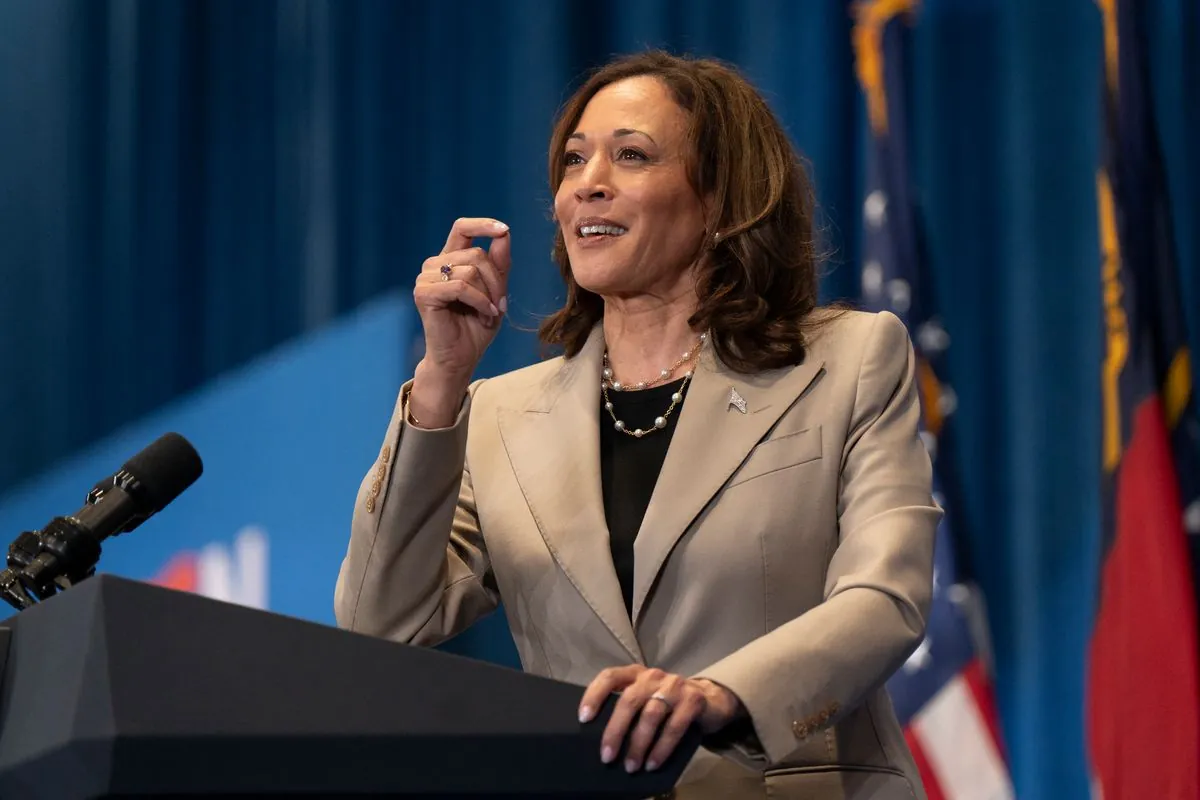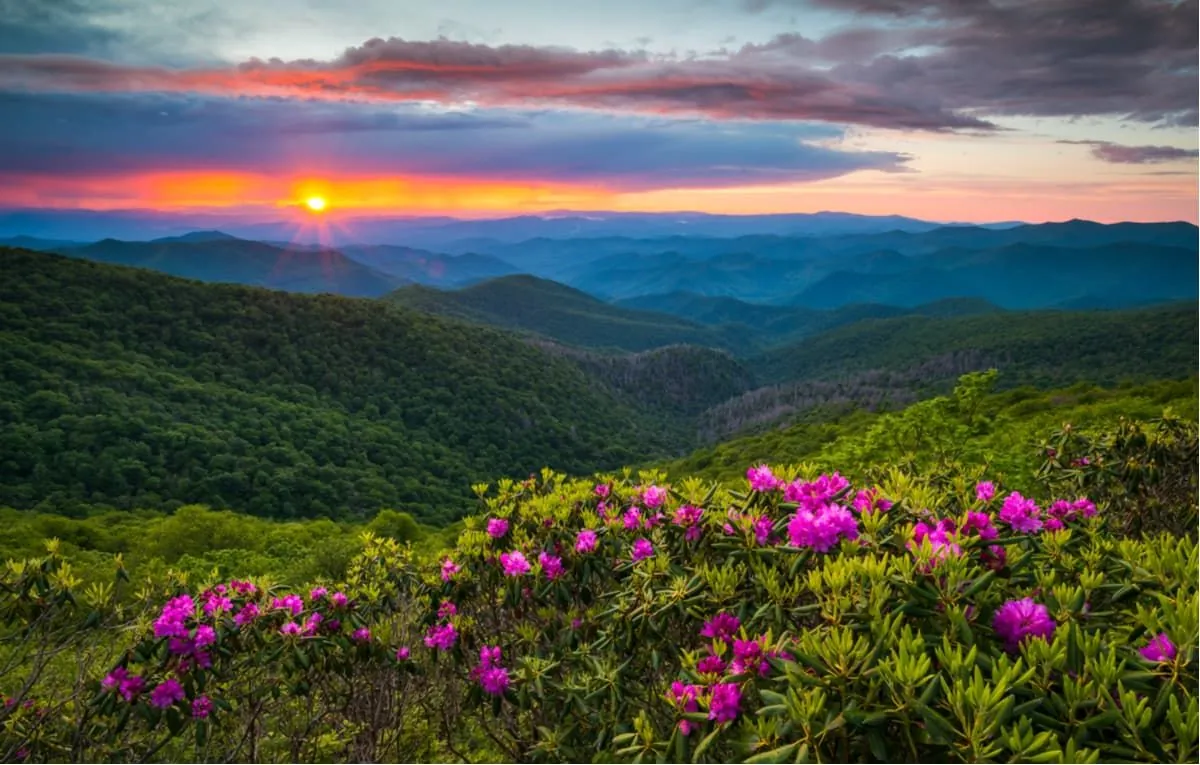Harris Energizes North Carolina Race, Challenging Trump's Stronghold
Vice President Kamala Harris's campaign injects new energy into the North Carolina battleground, as both parties intensify efforts in a state crucial for electoral victory. Unaffiliated voters emerge as key deciders.

In the crucial battleground state of North Carolina, Vice President Kamala Harris has injected new energy into the Democratic campaign, challenging former President Donald Trump's previous stronghold. The state, which hasn't supported a Democratic presidential candidate since Barack Obama's victory in 2008, now finds itself at the center of a heated political contest.
North Carolina, the 12th state to join the Union in 1789, boasts a rich history and diverse landscape. From the Appalachian Mountains to the Atlantic coast, its geography mirrors the complexity of its political landscape. With a population of approximately 10.7 million, the state offers 16 electoral votes, making it a prime target for both parties.
The Harris campaign has established a significant presence across the state, with 26 field offices, including some in traditionally Republican-leaning counties. This strategy aims to boost turnout not only in urban centers like Charlotte and Raleigh but also in rural areas. The Democratic National Committee Chair, Jaime Harrison, recently addressed a gathering in Robeson County, which favored Trump by a substantial margin in 2020, emphasizing the importance of widespread mobilization.

Republicans, while acknowledging the tightening race, remain confident in their ability to maintain their grip on North Carolina. Jason Simmons, the state's GOP chair, highlighted that economic issues and border security continue to resonate strongly with voters. Trump's campaign spokesperson, Karoline Leavitt, asserted that the former president's position in the state is stronger than ever.
The state's unique demographic makeup plays a crucial role in its political dynamics. North Carolina's Black population exceeds 20%, and the state has seen an influx of out-of-state transplants. However, with about 40% of residents living in rural areas, which tend to lean conservative, the state maintains a delicate political balance.
Unaffiliated voters, comprising more than one-third of registered voters in North Carolina, have become a key focus for both campaigns. These voters, often described as "Ping-Pong" voters due to their tendency to change allegiances, could ultimately determine the outcome of the election.
"I still think that the wind is at Trump's back in North Carolina."
The state's economic landscape is diverse, reflecting its political complexity. North Carolina is the largest producer of sweet potatoes in the United States and has a long history in furniture manufacturing, particularly in High Point. The Research Triangle, encompassing Raleigh, Durham, and Chapel Hill, stands as a major center for high-tech and biotech research, attracting a highly educated workforce.
As the campaign intensifies, both parties are investing heavily in advertising and ground-level efforts. Democrats have booked approximately $50 million in advertising, while Republicans have matched their opponents in ad spending through recent weeks. The ground war is in full swing, with canvassers from both sides engaging voters across the state.
With Election Day approximately 8 weeks away, North Carolina's political landscape remains fluid. The state's motto, "Esse Quam Videri" (To be, rather than to seem), aptly describes the challenge facing both campaigns as they strive to connect with voters and secure this crucial battleground state.


































